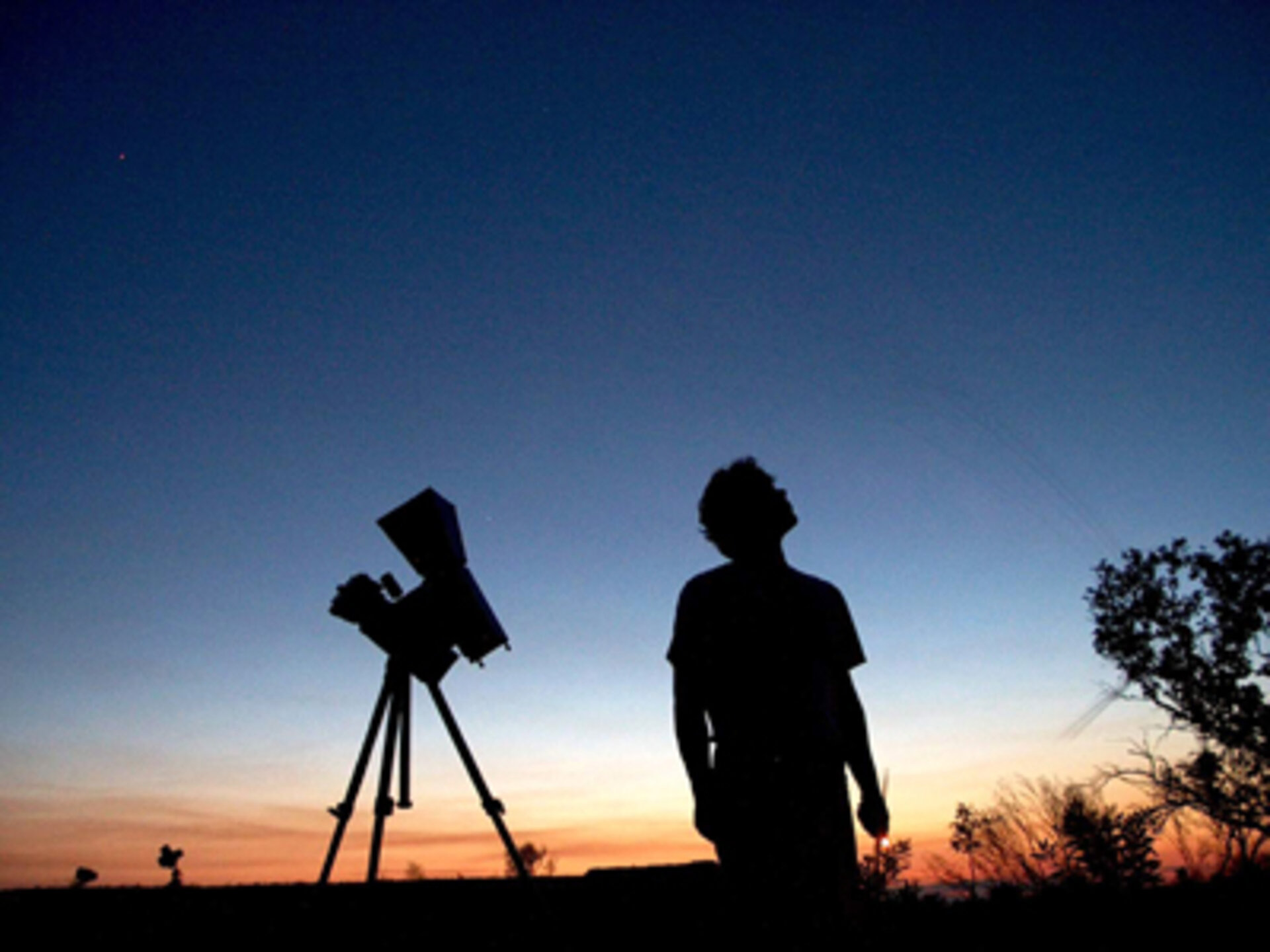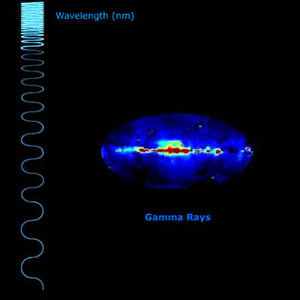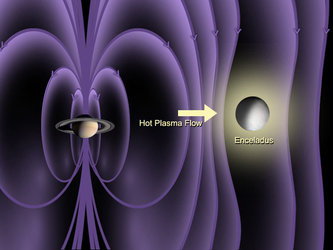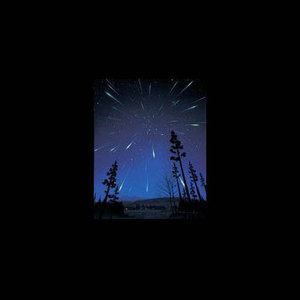Listen to the Leonids...
How can you hear a meteor? Click on the link to 'hear' some sounds produced by the Leonids.
![]() Listen to trails left behind by the November 2000 Leonids shower, as detected by ESA scientists.
Listen to trails left behind by the November 2000 Leonids shower, as detected by ESA scientists.
But how can there be sounds in space, when there is no air for the sound to travel in?
Well, that is right, you cannot hear sounds in space. What we call 'sound' is actually vibrations in air, water or any medium for the vibrations to travel in. In empty space, there is no air, so sound cannot propagate.
However, there are electromagnetic waves, like 'light' and radio waves. These do not need a medium to travel in, and you don't hear them; you see them, or hear them as interpreted by your receiving equipment, such as a radio, and translated into sound waves by the speakers.
These meteors create sounds that we can 'hear' if we detect how they affect radio signals. Each time a meteor crosses through the atmosphere, it leaves behind a short trail of ionised particles. This trail reflects high-frequency signals from radio stations around the world for just a few seconds.
The motion of the meteor trail due to the upper atmosphere winds changes the frequency of the reflected signal (this change in frequency is known as the Doppler effect). You 'hear' the trail as it is blown around by the winds before it is eventually dispersed.






